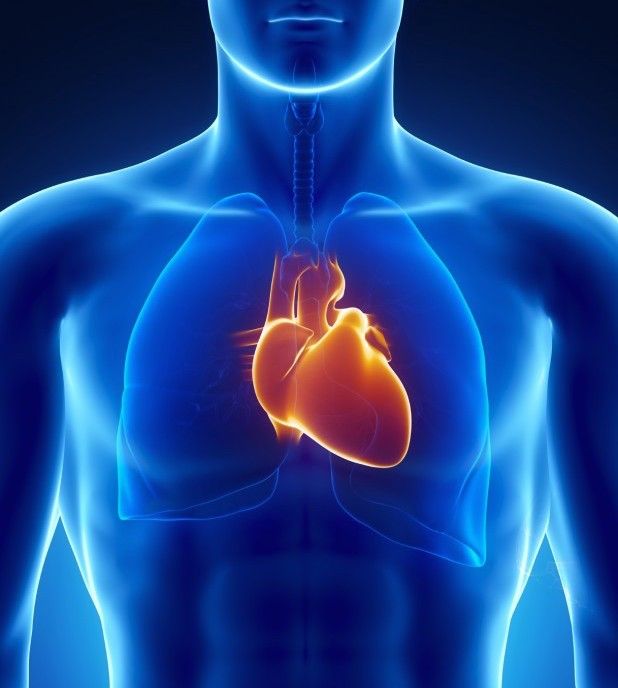Vitamin K2 Intake May Be Associated with Reduced Risk of Coronary Heart Disease
A long-term, prospective cohort study finds higher intake of vitamin K2-but not vitamin K1-is “borderline significantly associated” with lower mortality from coronary heart disease.
Photo © iStockphoto.com/janulla

Both vitamin K1 (phylloquinone) and vitamin K2 (menaquionones) have been studied for certain cardiovascular health benefits, but recent research has gone a long way toward elucidating the different specific benefits of these two vitamin K types. Most recently, NattoPharma (Oslo, Norway) shared study results suggesting it is only vitamin K2 that is associated with a reduced risk of peripheral arterial disease. New research indicates the same may also be true when it comes to reduced risk of coronary heart disease (CHD).
Writing in Clinical Nutrition, researchers explored the relationship between intake of vitamins K1 and K2 and all-cause and cause-specific mortality in a long-term, prospective cohort study. While high intake of vitamin K2 was associated with a reduced risk of CHD, high vitamin K1 intake was not associated with any reduced risks.
The study included 33,289 participants aged from the EPIC-NL cohort, with all participants aged 20–70 at baseline and recruitment taking place between 1993 and 1997. Researchers assessed dietary intake at baseline with a validated food frequency questionnaire, from which they calculated intake of phylloquinone and total, short, and long–chain menaquinones.
After assessing information on vital status and cause of death with a mean follow-up of 16.8 years, researchers found neither phylloquinone nor menaquinones were associated with all-cause mortality with hazard ratios for the upper versus the lowest quartile of intake. Similarly, neither vitamin K2 type was associated with risk of cardiovascular disease mortality. However, higher intake of long-chain menaquionones was “borderline significantly associated” with lower CHD mortality. Higher intake of the other vitamin K forms, meanwhile, showed no similar association with CHD risk.
NattoPharma, supplier of Mena Q7 vitamin K2 as MK-7, shared the study results as further evidence of vitamin K2’s potential positive impact on cardiovascular health.
“Improving one’s K2 status results in less calcification of the arteries and soft tissues, leading to improved long-term health outcomes,” says Hogne Vik, chief medical officer for NattoPharma. “These benefits are recognized with vitamin K2, but not K1, which is important because there is a misconception that daily recommended intake of the vitamin K1 is sufficient to protect the arteries from developing arterial diseases. This is not the case, since vitamin K1 is only documented and recognized to meet our needs for coagulation.”
Read more:
Vitamin K Deficiency Linked with Higher Risk of Cardiovascular Disease?
Study Finds Vitamin K2 MK-7 Efficacy “Essentially Equivalent” in Yogurt and Supplements
New Antioxidant Research for Brain and Heart Health
Michael Crane
Associate Editor
Nutritional Outlook Magazine
michael.crane@ubm.com
References:
Zwakenberg SR et al., “Vitamin K intake and all-cause and cause specific mortality,” Clinical Nutrition. Published online August 30, 2016.






